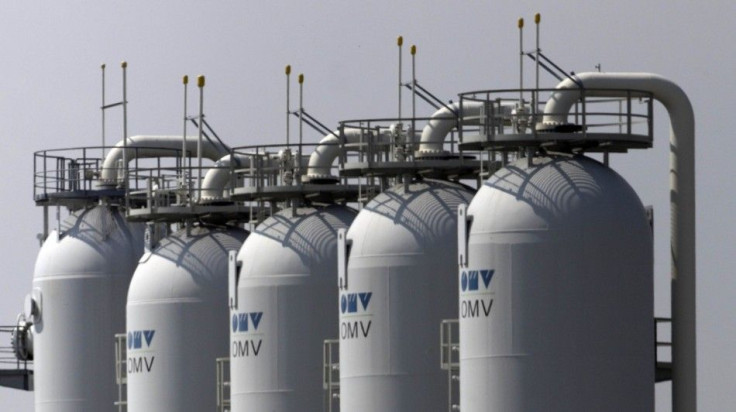Ukraine Gas Deal: Russia Insists On Guarantees From EU As It Doubts Ukraine’s Paying Capacity

Even as the date for the next round of gas talks between Russia and Ukraine is set for Oct 29, there is little relief in sight for Ukraine despite the backing of European Union. Indications are that Russia has made EU accountable for any gas deal with Ukraine. The reasons for the failure of the last round of gas talks were visible in the reactions of Russian and Ukraine energy ministers. A greater gulf seems to be existing than the "all is well" picture presented by outgoing Energy Commissioner Gunther Oettinger.
Ukraine's Stand
Ukraine's energy minister, Yuriy Prodan, blamed the Russian side for refusing to allow Gazprom to be a signatory to a legally binding interim supply deal. "What is the logic of signing it, if it does not fix the responsibilities of each side?" Prodan asked.
Ukraine's position was that any new agreement on pricing must come as an amendment to the old contract with Gazprom rather than a political agreement between the two governments. Prodan claimed that Ukraine was willing to pay in advance for the winter supplies but had problems in paying all its outstanding debts to Russia. But it can consider it paying them in part, reported Argus News. This contradicted with what Oettinger claimed. He said Ukraine would pay off $3.1bn, covering all outstanding at a preliminary price of in two instalments - $1.45bn by the end of October and $1.65bn by the end of the year.
Russian Stand
However, Russian Energy Minister Alexander Novak said the talks hit a roadblock as Naftogaz was unable to show its finances convincingly, so that Russia would feel satisfied that it had the money to pay off debts and ensure cash for future deliveries.
As Russia put pressure on Ukraine, the European Commission asked Russia to prepay for transit through Ukraine so that Naftogaz's funds can be bolstered. Russia rejected it, saying it would be tantamount to giving a loan to Naftogaz, and asked the EU to help Naftogaz to find other avenues for funding. "The European Commission should have tackled this issue six months ago," he said.
Moscow also refused to sell gas to an EU company at the Russia-Ukraine border for resale to Naftogaz. The EU Commission propped up GDF Suez as a candidate for that. Further gas talks will be held on Oct 29 in Brussels.
Seeks EU Guarantee
Meanwhile, American interest reported that the gas talks failed because Russia kept moving the goalposts. The deal was nearly signed to supply Ukraine with enough gas to get through this winter. But Moscow made a last-minute demand that the west must act as Kiev's guarantor.
The FT reported that Russia demanded proof that international lenders or organisations will stand guarantee on behalf of the money from Kiev that is due for Russia. Alexander Novak, Russia's energy minister, said Ukraine is yet to identify the sources of funding. "The cash gap requires funding."
Russia wants assurances from the likes of the International Monetary Fund, the European Investment Bank or top banks to help Kiev pay its bills. If they are not willing, Russia suggested for the European Commission to use its own budget. Russia made clear to EU that it must be accountable for any gas deal with Ukraine. Oettinger replied, "Ukraine has not paid its gas bills for 7 months. If you go along to the butcher and don't pay your bill for half a year, obviously it is a problem."





















